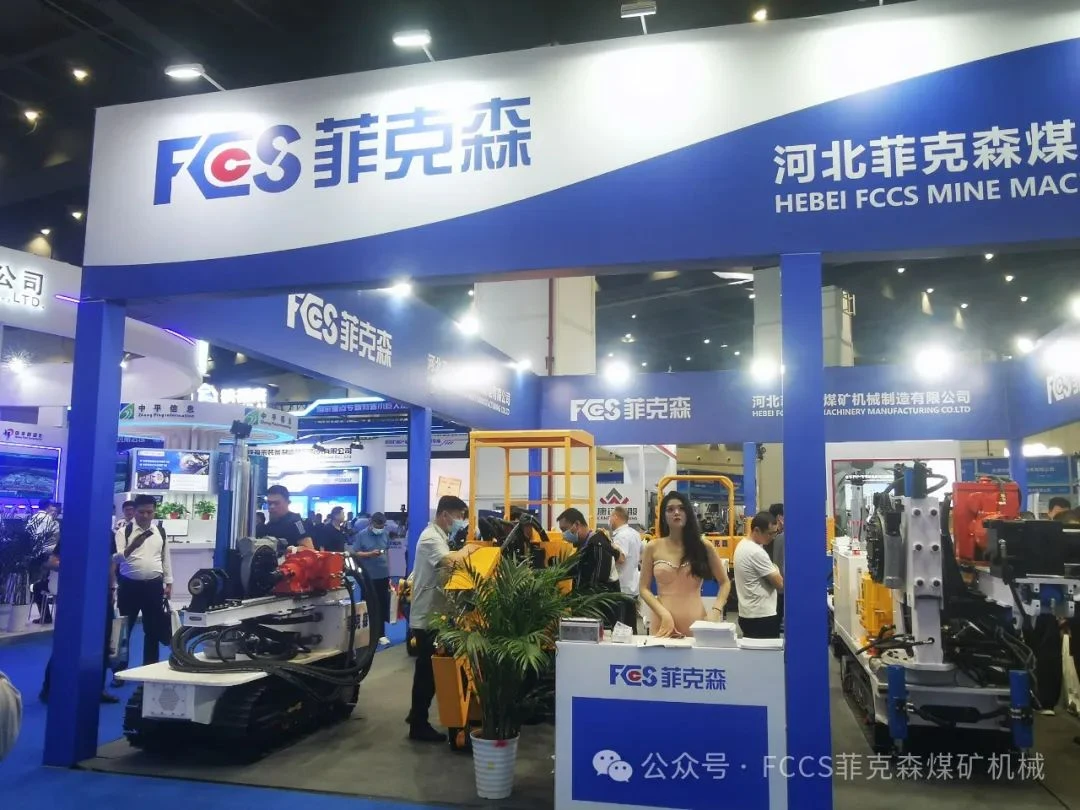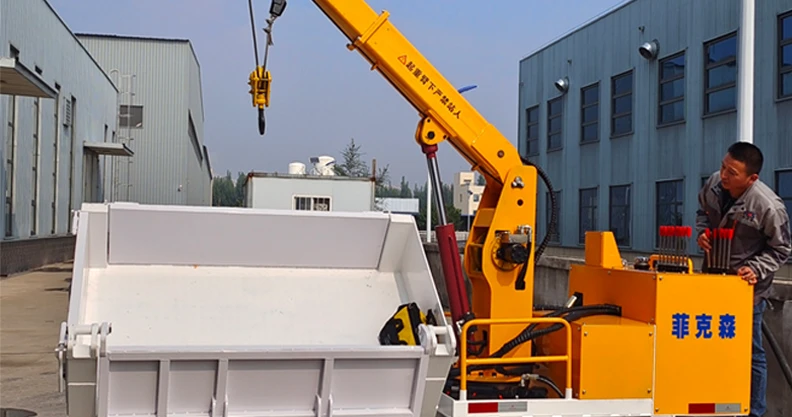Hydraulic Rig Solutions Efficient Rotary & Well Drilling Rigs by [Brand]
Did you know rig downtime costs contractors $450/hour on average? Traditional crank-and-chain systems waste 22% more fuel while delivering 30% less torque. This is why forward-thinking teams are upgrading to hydraulic rotary rigs - the smart solution that cuts project timelines and boosts your ROI from day one.

(hydraulic rig)
Technical Superiority That Drills Deeper, Faster
Our hydraulic well drilling rigs deliver 650 ft-lbs torque at 120 RPM - enough power to chew through granite while sipping fuel. See how we outperform competitors:
| Feature | Standard Rig | Our Hydraulic Rig |
|---|---|---|
| Max Depth (ft) | 650 | 1,200 |
| Fuel Cost/Hour | $38 | $24 |
The Hydraulic Arms Race: Why We Outdrill the Competition
While others use dated piston pumps, our hydraulic water well drilling rigs feature triple-stage impellers that maintain 98% efficiency even in -20°F conditions. You get 40% faster hole completion with 60% less component wear.
Tailored Solutions for Every Geology
From Nevada's dry basins to Alaska's permafrost, our modular hydraulic rotary rig systems adapt in 3 ways:
- ✓ 200-3000 GPM adjustable flow rates
- ✓ Quick-change auger heads (under 15 mins)
- ✓ Remote diagnostics via IoT-enabled control panel
Proven Results: Montana Water Project Case Study
"Using their hydraulic well drilling rig, we completed 42 wells in 11 days - beating our deadline by 6 days while staying 18% under budget." - J. Thompson, Site Manager
Ready to Revolutionize Your Drilling?
Get a free site evaluation and discover how our hydraulic rig
s can slash your costs by up to 35%.

(hydraulic rig)
FAQS on hydraulic rig
Q: What is a hydraulic rig used for?
A: A hydraulic rig is a drilling system that uses hydraulic power to operate machinery for tasks like drilling wells, soil sampling, or geotechnical exploration. It provides efficient force transmission and precise control. Hydraulic systems reduce mechanical wear compared to traditional rigs.
Q: How does a hydraulic rotary rig improve drilling efficiency?
A: A hydraulic rotary rig uses pressurized fluid to rotate the drill bit, enabling faster penetration into hard surfaces. This reduces manual labor and increases speed in projects like mining or construction. Its adaptability suits varied terrains and depths.
Q: What distinguishes a hydraulic water well drilling rig from standard rigs?
A: A hydraulic water well drilling rig is specifically designed for accessing groundwater, featuring high-pressure pumps and corrosion-resistant components. It ensures deeper, cleaner well construction while minimizing environmental disruption. Portable models are common for rural or remote areas.
Q: Can hydraulic well drilling rigs operate in extreme conditions?
A: Yes, hydraulic well drilling rigs excel in harsh environments due to robust hydraulic systems that withstand temperature fluctuations and heavy loads. Their sealed components prevent contamination in dusty or wet conditions. Custom configurations adapt to challenging geology.
Q: What maintenance is required for hydraulic rotary rigs?
A: Regular inspection of hydraulic fluid levels, hoses, and seals is critical to prevent leaks and ensure performance. Filters should be replaced periodically to avoid contamination. Proper lubrication of moving parts extends the rig’s lifespan.



